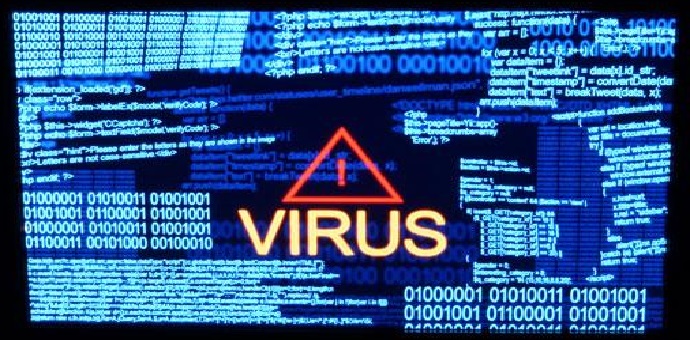Today’s technology is simply impressive. Computers are used for many purposes, making the world a better place. Software producers are creating new products to improve the lives of ordinary people. Computers become household items because of their ease and convenience. Unfortunately, this glamorous technological world has a dark side. Many technological geniuses use their intelligence for evil. A computer virus is a small piece of software that goes from one system to another by corrupting computers.
When you explore the Internet, you are more likely to encounter a computer virus. Many viruses are transmitted by email. You should always check the sender of any e-mail you receive and make sure that it is someone you know and trust. These viruses can cover many things such as audio or video files, greeting cards, and so on. Some are distributed for download on websites. Viruses are malware designed to replicate and attach to all files on your computer without your consent. Almost all of these unwanted programs target devices running Microsoft Windows.
One way to prevent viruses when running Microsoft Windows is to have a secure administrator account, which allows you to access all files on your system. Be sure to use a secure password because some viruses can go through this account and completely corrupt your files.
What do computer viruses do?
Computer viruses act differently and usually lead to the same result. They are intended to corrupt the data, destroy the software and cause harm. Some specially programmed viruses can steal your banking information, affecting not only your computer but also your savings. By using poorly coded programs, viruses hide and cling to your computer. In doing so, it not only affects your system, but spreads to any computer to which you connect. Some will even go through the electronic contacts you have and send them the virus, and will do the same on their computers, causing a circle of chaos. The good news is that most viruses are small and can be fixed. Many are just practical jokes designed to cause panic. But some can be extremely harmful and are not worth risking your precious files. Antivirus programs provide good protection against harmful programs and are generally worthwhile. They can detect and remove viruses you may not have known while keeping your computer secure. It is strongly recommended to have an antivirus system because viruses grow like a breeze.
A computer virus replicates on the same device, fouling your space and slowing down your computer at extremely low speeds. When the virus successfully affects the target area, it is considered “infected”. This is usually a bad sign, but not all viruses carry a destructive weapon.
